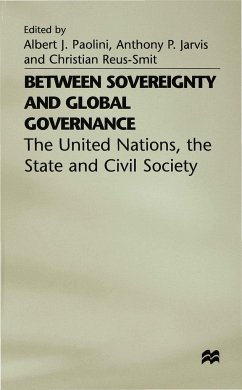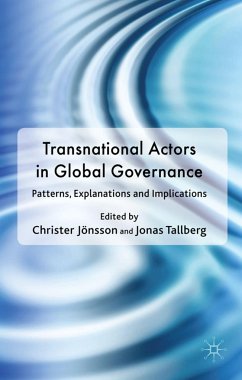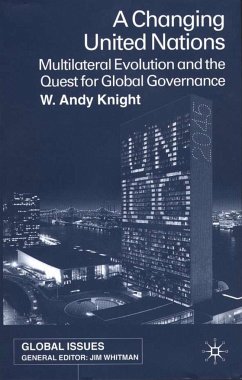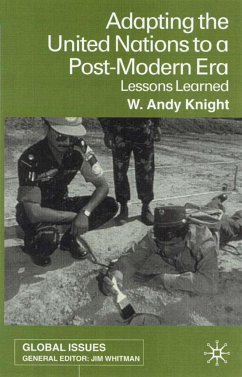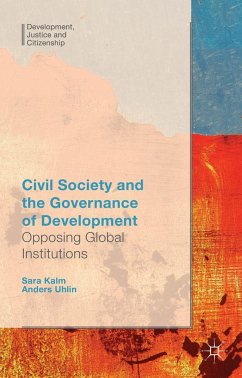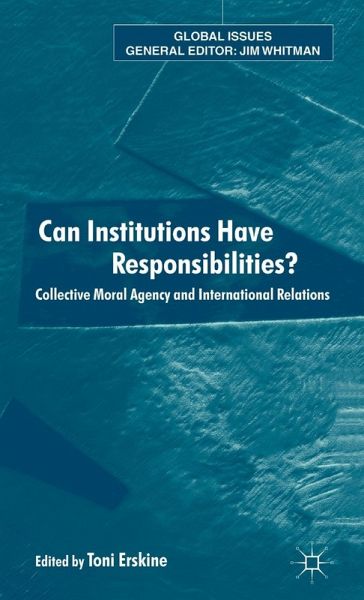
Can Institutions Have Responsibilities?
Collective Moral Agency and International Relations
Versandkostenfrei!
Versandfertig in 6-10 Tagen
38,99 €
inkl. MwSt.
Weitere Ausgaben:

PAYBACK Punkte
19 °P sammeln!
Can institutions, in the sense of formal organizations, be considered vulnerable to moral burdens? The contributors to this book critically examine the idea of the 'collective' or 'institutional' moral agent in, inter alia , the guise of states, transnational corporations, the UN and international society. The viability of treating these entities as bearers of moral responsibilities is explored in the context of some of the most critical and debated issues and events in international relations, including the genocide in Rwanda, development aid, the Kosovo campaign and global justice.







